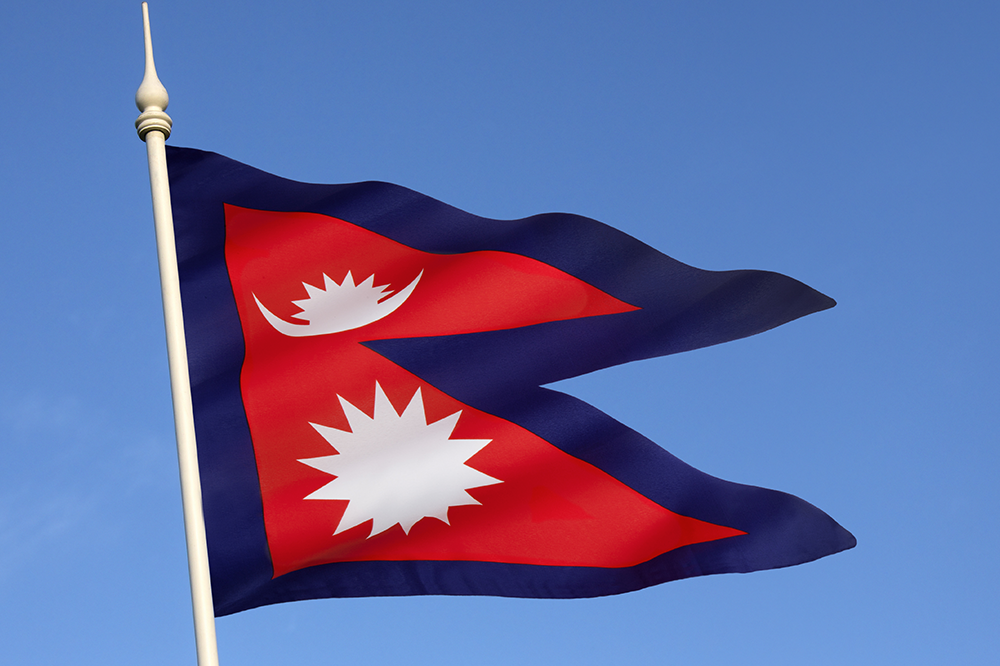On the 30th of April the International Commission of Jurists (ICJ), in collaboration of the High Court Bar Association, Nepalgunj, Lumbini Province held a workshop on the potential for strategic litigation in Nepal as a tool to ensure the realization of the right to education. The workshop focused on international human rights law and standards relating to the right to education, such as the Abidjan Principles on the human rights obligations of States to provide public education and to regulate private involvement in education (the Abidjan Principles), and those emerging from the jurisprudence of the Committee on Economic, Social and Cultural Rights (CESCR) under International Covenant on Economic, Social and Cultural Rights (ICESCR).
The workshop brought together 10 litigation lawyers to discuss strategic litigation to bring about reform of Nepal’s education system. It also aimed at equipping participants with knowledge of relevant international human rights law; enhancing understanding of the Abidjan Principles; sharing good practices; and coming up with strategic plans towards realizing the right to education in Nepal.
“While Nepal is a party to a number of international instruments that commit the country to respecting, protecting and fulfilling the right to education, access to education in Nepal remains deeply unequal,” said Karuna Parajuli, ICJ’s National Legal Adviser. “A big part of the problem remains un- and under-regulated private actors in education, including, in particular, private schools. The Nepali authorities must review the legislative and policy framework to ensure the private sector’s involvement in education does not infringe human rights”, she added.
While Article 31 of Nepal’s Constitution entrenches a right to education, the government has failed to enact an adequate regulatory framework to give effect to this right, contrary to the Committee on the Rights of the Child’s 2016 recommendation calling on Nepal to “enact legislation to ensure the effective implementation of the constitutional right to education”. Another major concern noted by the same Committee is the failure to adequately regulate private education providers.
Importantly, the workshop’s participants discussed the possibility of strategic litigation to secure Nepal’s compliance with its international human rights law obligations. This possibility arises in connection with the Constitution’s provision that guarantees the High Court’s writ jurisdiction in the context of public interest cases. Participants noted, however, that despite significant litigation, for instance, in the context of the right to health, the opportunity to use litigation as one strategy to ensure the realization of the right to education has not yet been fully utilized.
In addition to presentations by the ICJ on international human rights law and standards, Advocate Basanta Gautam provided a summary of existing Supreme Court and High Court jurisprudence on the right to education, highlighting the non-implementation of some of these decisions as a significant problem.
“The right to education must be made a reality for all people in Nepal. For this to happen, effective remedies need to be provided for violations of the right by the State and abuses of the right by private actors. Court orders are one avenue for the provision of such remedies, and they must be fully and expeditiously implemented by authorities”, said Parajuli.
Contact:
Karuna Parajuli, National Legal Adviser (Nepal), e: Karuna.Parajuli@icj.org





